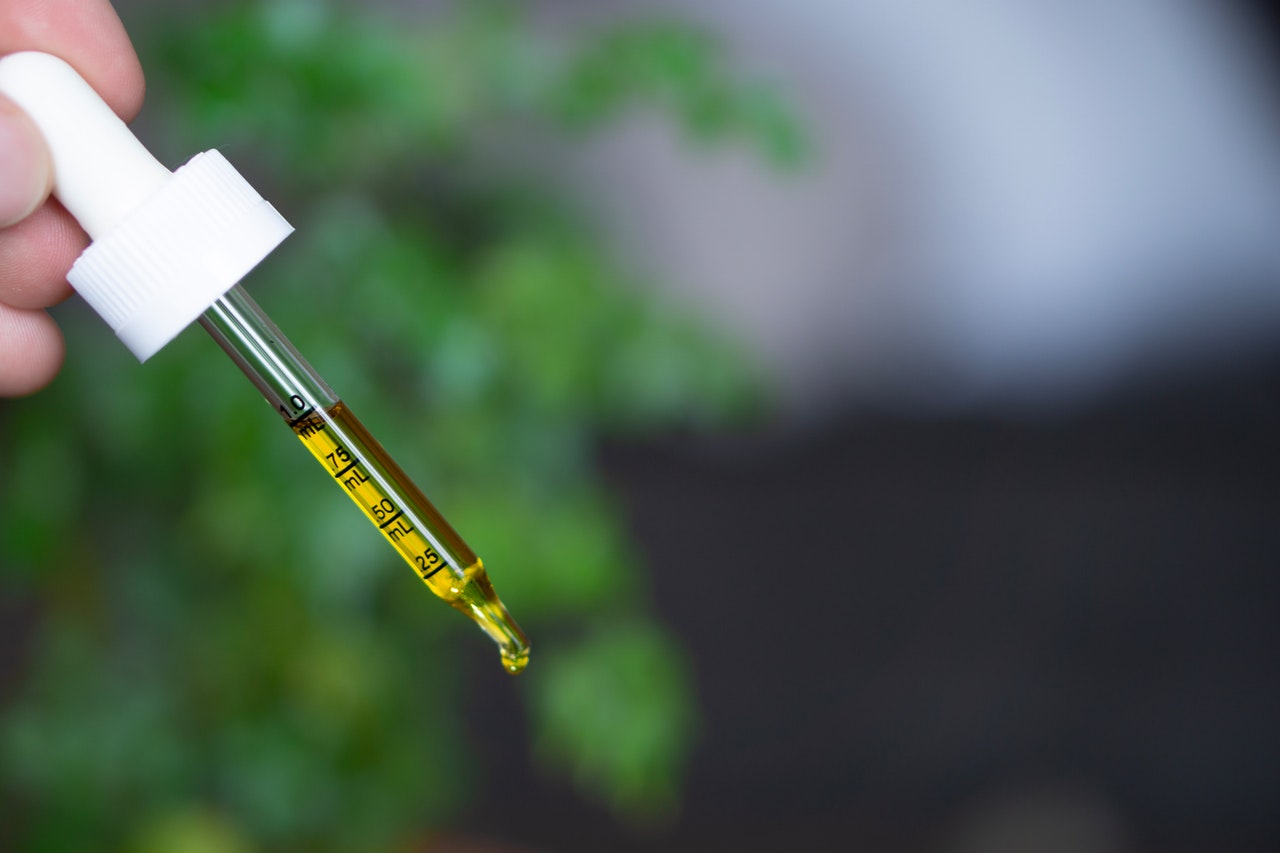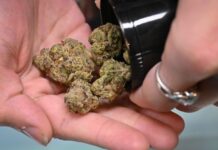Not all types of hemp oil are used in the same manner, especially since there are actually over a dozen forms available on the market. This guide is for you if you find yourself in doubt or unsure of how to correctly take your hemp oil. This post will cover hemp oil in general and specific instructions for each method commonly used around the world for taking the product.
It’s essential to note, however, that there’s no best or most recommended way of taking hemp oil. The right method for you is the one where you feel most comfortable. Also, the amount you should take varies depending on factors such as your age, weight, and primary purpose for taking hemp oil.
Read on to take a closer look at hemp oil and how to use it.
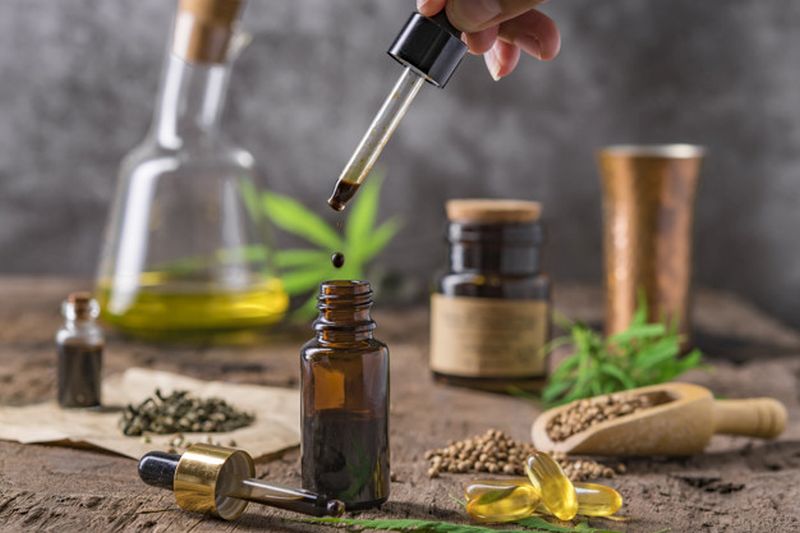
Different Hemp Oil Types
For a plant to be classified as hemp, it has to contain less than 0.3% tetrahydrocannabinol or THC. It’s important to understand the difference between cannabis and all of the hemp extracts. You can choose a full-spectrum oil or an isolated extract. When it comes to full-spectrum hemp oils, some of the best sources include the ones from synchronicityhempoil.com.
Here are the different types of hemp oil available on the market:
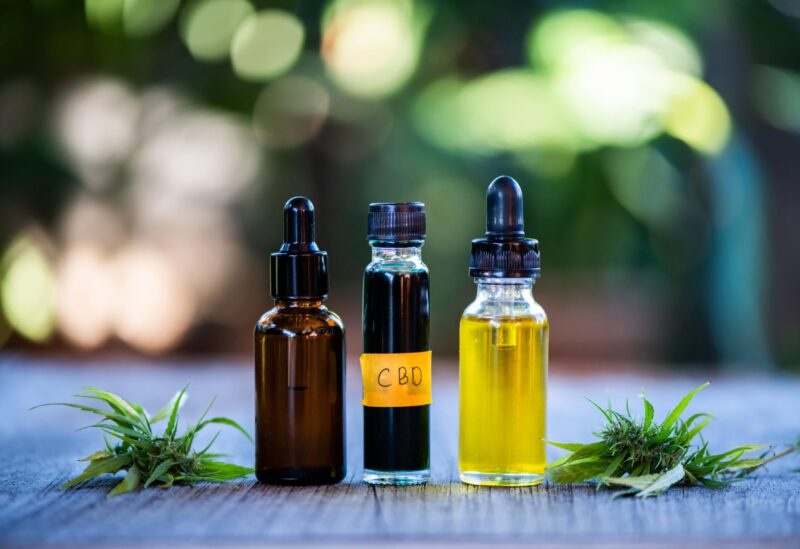
-
Hemp Oil Extract
The hemp oil extract is a potent, versatile oil extracted from the stalks, leaves, and seeds of the hemp plant. This oil has many potential medical uses, including being a potentially natural drug. It can be utilized for various purposes, including as a dietary supplement, and may also be used to alleviate nausea, inflammation, diarrhea, vomiting, skin irritations, asthma, depression, muscle cramps, pain, and more. It can even be ingested as a dietary supplement to potentially treat cancer, AIDS, and other life-threatening diseases. One of the benefits of using the plant’s oil extract is that it can act as an antioxidant, which helps prevent free radical damage to cells and tissues, which is a major cause of aging and other age-related diseases.
-
Hemp Seed Oil
Hemp seed oil is a special oil extracted from hemp seeds. The hemp seed oil has the highest antioxidant content among all the oils produced from hemp plants. There are many reasons why seed oil has become so popular lately. The main one is because of its potential as a superfood. It may also be an alternative fuel and as a source for cosmetic products and pharmaceuticals, among others.
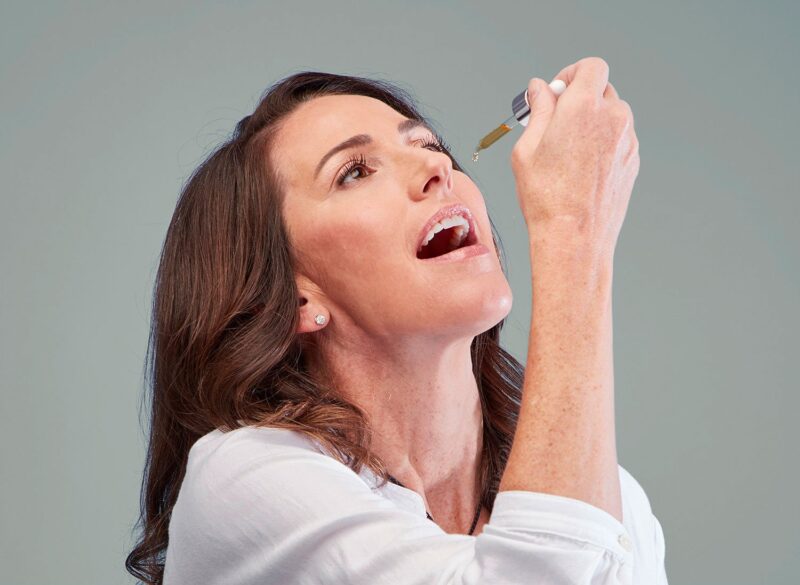
-
CBD Oil
CBD hemp oils are, typically, extracted from the stems, leaves, and flowers of the cannabis plant. CBD hemp oils are typically made from the CBD-only parts of the cannabis plant, such as the CBD-only leaves. Both CBD-only and hemp oil extracts are believed to have the potential to manage a variety of medical conditions, including seizures, pain, anxiety, insomnia, and many other types of mental disorders.
-
Cannabis Oil
The word ‘cannabis oil’ is commonly used to describe all extracts from the Cannabis sativa plant. While there may be some differences in the chemical composition of the different strains of the plant, cannabis oils contain varying amounts of both THC and CBD. Cannabidiol or CBD is considered by many to be a milder version of THC; therefore, it has little to no intoxicating qualities.
How To Use Hemp Oil
There are several methods when it comes to consuming hemp oil. They include:
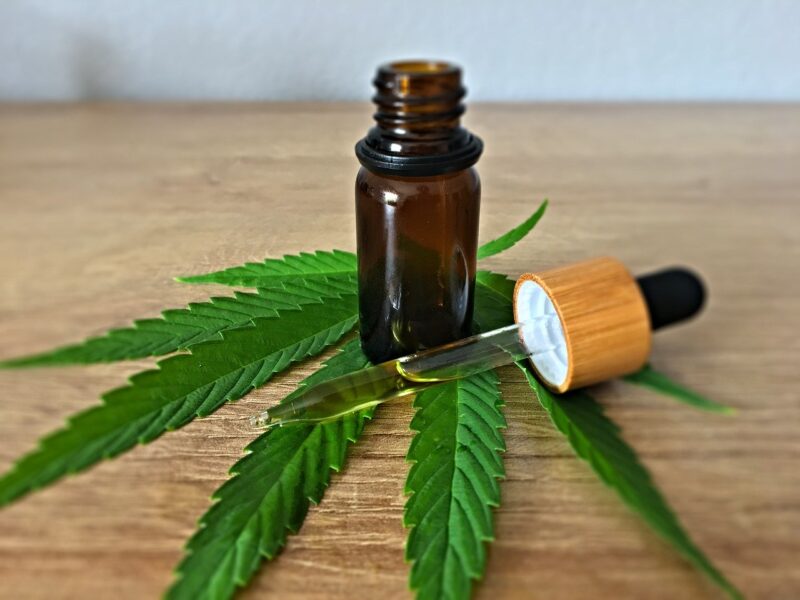
-
Vaping Hemp Oil
One of the several different ways that you can enjoy the benefits of hemp oil is by smoking or vaping it. When smoking CBD oil, you have to use an oil rig. If you prefer vaping more, then, you’ll need a vaporizing pen. There are various types of electronic cigarettes that have vaporizer pens that can give users an extremely comfortable and satisfying way of taking hemp oil. It’s not hard to find one that will suit your lifestyle and needs. These types of e-cigs usually contain various types of herbs and plant extracts.
-
Applying Hemp Oil Topically
One of the easiest ways to utilize hemp oil for skin care is by simply applying it to the surface of the skin using a cotton ball or your plain hands. This technique is beneficial for fast relief and protection from many different skin problems. Apply just a small amount of the oil to your hands or cotton, and rub them onto the affected areas. Use the same procedure for several days or weeks until you feel that the problem has been relieved.
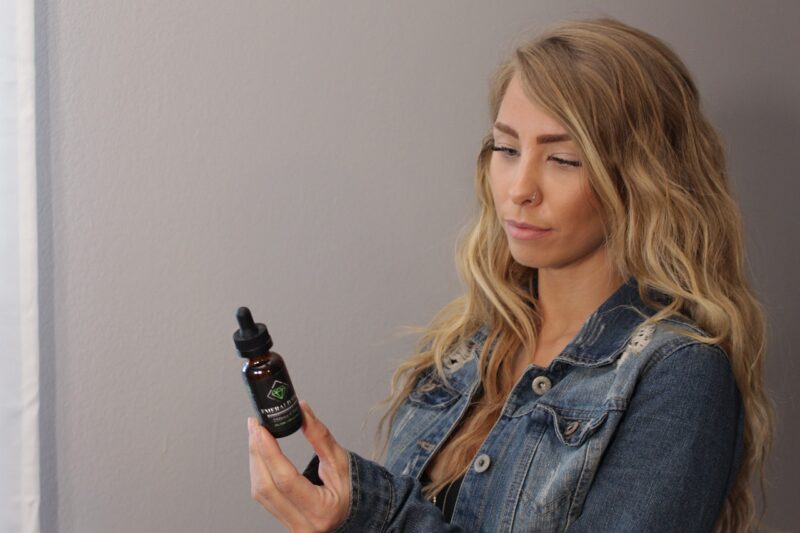
-
Sublingual Application Of Hemp Oil
The sublingual application of hemp oil has been used for a very long time. As early as the fourth century BC, hemp was already being used as a medicinal substance in Asia. To apply hemp oil sublingually, you only have to apply a few hemp oil drops under your tongue using a dropper. Oral applications of hemp oil, like the sublingual method, are preferred by so many hemp and CBD oil enthusiasts.
-
Ingesting Hemp Oil
The use of hemp oil for cooking is rapidly gaining popularity as more people are learning about its health benefits. Adding hemp oil to food is an easy and fun way of taking the supplement. Note that there are also ready-made hemp oil-infused food products if you’re not into cooking. Some of the popular foods that may contain hemp oil are butter and pasta. Keep in mind, however, that the effects of hemp oil edibles can take up to four hours before these can be felt by the user, so avoid eating too much if you think that the oil hasn’t kicked in yet.
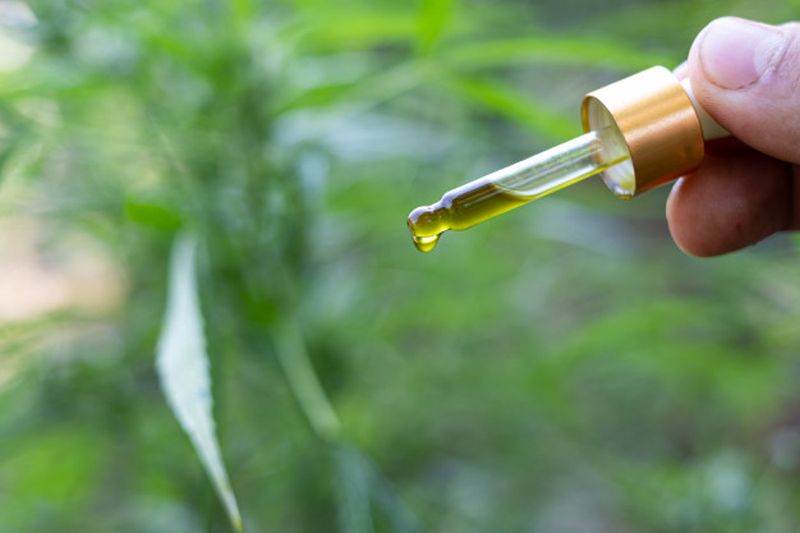
Final Thoughts
Hemp oil can be inhaled, applied topically, and taken under the tongue. It’s even possible to consume it as an edible. Again, there’s currently no standard guideline for hemp oil dosing. Each individual will respond to the same dose differently. That means you may have to experiment if you want to know what’s best for you. That’s because each person actually has a unique genetic and biochemical makeup. Several studies, however, found that doses as high as 1,000-1,500 mg per day and long-term use of hemp oil can be well tolerated by humans.
Are there any side effects associated with using hemp oil? Well, though very rare, there have been some reported side effects, which include fatigue, diarrhea, decreased appetite, and sleepiness. Overall, however, hemp oil is generally considered safe even for everyday use, so there’s really nothing to worry about applying it to your body.

